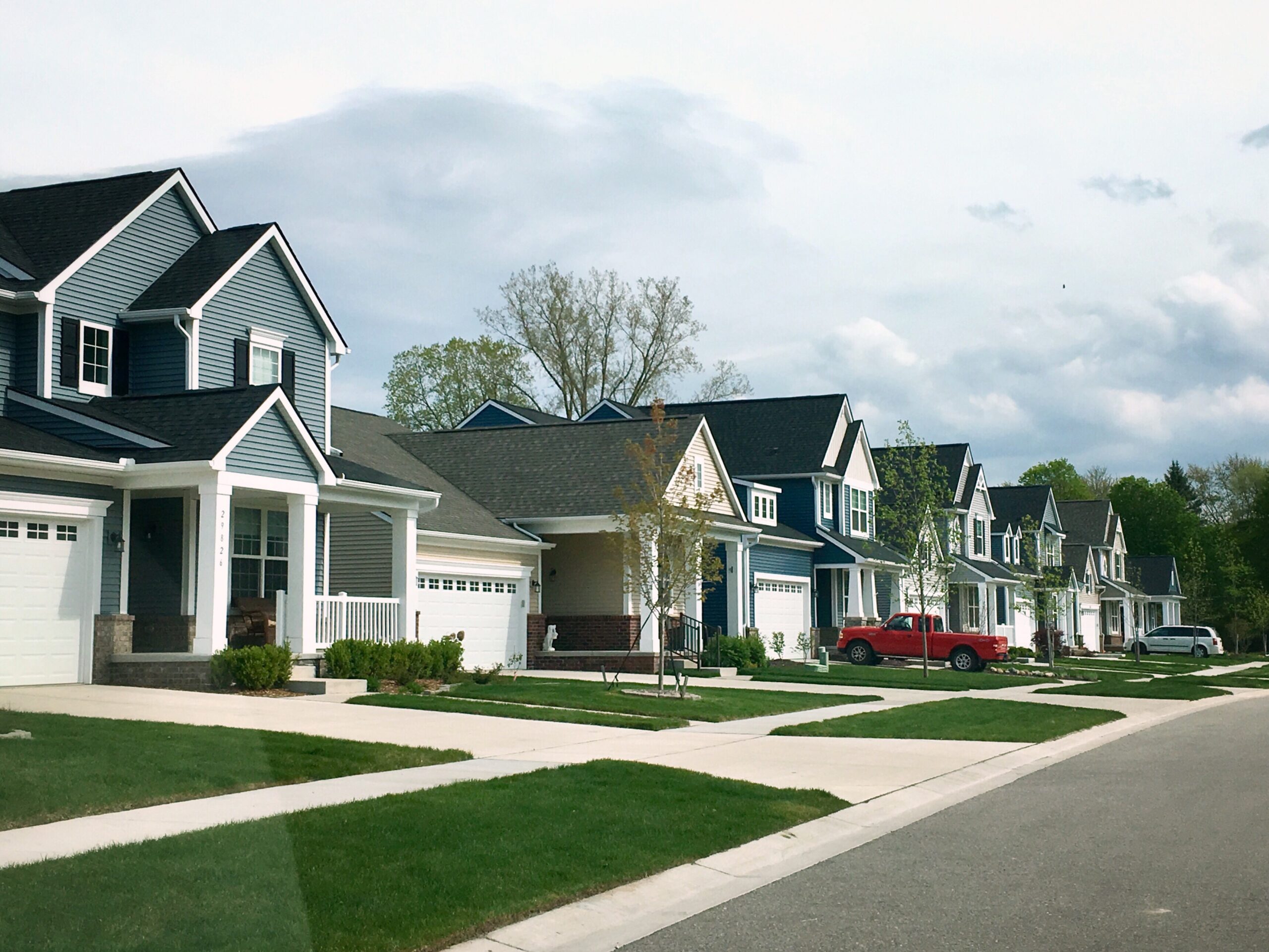As we entered the 2021 Minnesota Legislative Session, Tunheim started getting questions from our clients about what policymakers’ priorities would be, and what can be expected to happen, within specific policy areas. With legislative leaders focused on the budget and COVID leading up to Session, we wanted to dig deeper and engage with Committee Chairs and Commissioners in three key policy areas for us and our clients: housing, energy, and health care. Today’s focus is on housing, with energy and health care to follow next week.
We reached out to the Housing Commissioner and Senate and House Committee Chairs to learn more about what to expect in the state’s housing policy this year. We heard back from Minnesota Housing Finance Agency Commissioner Jennifer Ho and Minnesota House of Representatives Housing Finance and Policy Committee Chair Alice Hausman, which is reflected in the conversation below.
What do you see as the biggest needs for Minnesota to tackle as it pertains to housing?
Commissioner Ho:
Minnesota has significant housing needs throughout the state for renters and homeowners as well as people experiencing homelessness. I think of these needs in terms of short-term and long-term challenges.
Month after month, renters with low or moderate incomes are struggling to make rent due to the pandemic and the economic fallout. The eviction moratorium is still in place but could result in mass evictions for nonpayment of rent when the executive order is eventually lifted. Federal assistance is coming soon that will provide rental assistance through the COVID Emergency Rental Assistance program, now being set up, and we will need to do everything we can to assist those who need the rental help most.
Like renters, many homeowners struggle to make their mortgage due to setbacks in their income during the pandemic. Unfortunately, mortgage assistance is not included in the new federal funding. Many homeowners are going into forbearance to avoid future foreclosure.
The pandemic has also made plain that too many Minnesotans are unsheltered and sleeping outside in the Twin Cities and across the state.
Long-term, we need to increase the housing supply and build more housing of all types and at all price points throughout the state, particularly for households with low and moderate incomes that the private market doesn’t reach. Building more housing of all types – meaning multifamily apartments as well as single-family homes – will help address the needs facing lower-income homeowners as well.
We need to direct more resources to housing every legislative session. While we’ve made investments in recent years, we aren’t where we need to be. Post-pandemic, these housing challenges will persist. The housing challenges facing Minnesotans who make the least have always been with us and have only been laid bare by the pandemic.
Chair Hausman:
A top priority for this session will be making sure people can stay home safely during the COVID-19 pandemic. This includes providing funding for housing assistance (rent, mortgage, utilities, etc.) and making sure people can remain in their homes without the fear of eviction due to income lost from the pandemic.
What are your priorities this Session for Housing?
Commissioner Ho:
I’d say we have three priorities: First, since we’re looking at a budget deficit, we’ll work to prevent cuts to our appropriated programs, and make recommendations to grow them. These programs are what allow us to reach households with the lowest incomes and are always oversubscribed. We achieve strong outcomes but we aren’t at the scale where we can reach enough people.
Second, in light of the pandemic and the effects it has had on renters, we want to create stability for renters and rental property owners before the eviction moratorium winds down. This includes strengthening renter protections and launching a new rental assistance program with funding from the federal relief bill passed at the end of last year.
Third, if we’re fortunate enough to put together a bonding bill, we hope housing will be a significant portion of it. This is our largest source of capital for construction of new housing, particularly supportive housing, and another resource that always has far more applications than available funding.
Chair Hausman:
The House DFL would like to support every level of the housing continuum: helping those who are homeless find stable shelter, preventing homelessness, expanding affordable housing options and decreasing the number of cost-burdened renters across the state.
Looking at this Session, with it being a budget year and dealing with COVID, what do you think can realistically be done this year in this policy area? How do you predict things will play out?
Commissioner Ho:
We think we can prevent cuts to our programs since they’re small in comparison to the overall appropriated budget and cutting them wouldn’t yield significant savings. Our programs help us maximize investments in other areas of the state budget, particularly in education, health care, corrections and economic development. This helps make the case for growing our programs.
The role of government is to make rental and homeownership more accessible to people with low and moderate incomes by leveraging our resources where the private market can’t or won’t invest on its own. The upcoming Session is an opportunity to find common ground and continue to make progress.
If COVID has taught us anything, it’s the meaning of home.
We have a lot of new members, so it’s hard to anticipate how things will play out. I look forward to working with Chair Hausman and Chair Draheim in the upcoming session, as well as with the committees. Major issues we are watching for include tenant protections, the total size of the budget and whether or not there is a bonding bill.
Chair Hausman:
It is important that we pass a budget which fully funds the programs to help Minnesotans find stable housing, including the Homework Starts with Home program, the Bridges rental assistance program helping people with mental illness, and the Challenge program aiding workforce housing. We have an obligation to provide as many people as possible with one of the most basic needs and ensuring everyone has access to a safe and stable home.
Tunheim would like to give our sincerest thanks to Commissioner Ho, Representative Hausman, and their staff for participating in this housing conversation, and for their service to the State of Minnesota and its citizens. Stay tuned next week for policy spotlights on energy and health care.
If you have questions on how what was shared here means for your organization or how you can help achieve policy goals in the housing space, email me, Tunheim Senior Consultant Sarah Hinde, at shinde@tunheim.com.






